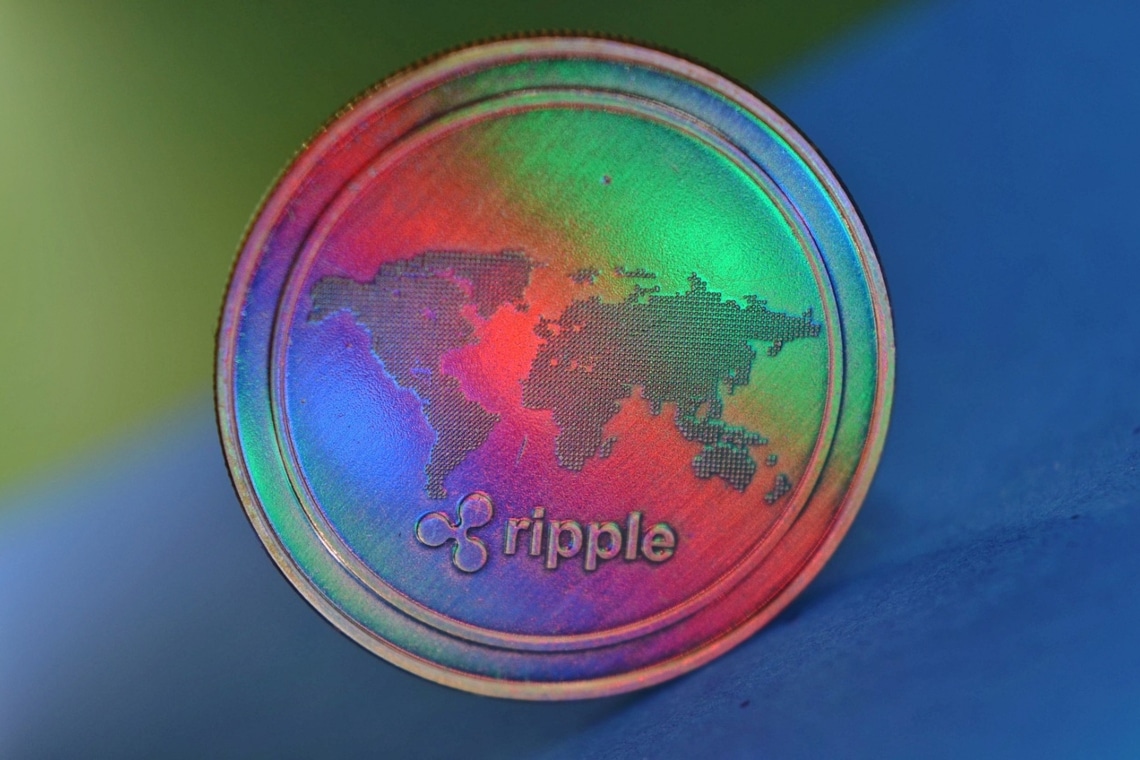What are the consequences of the never-ending Ripple-SEC lawsuit for XRP holders? And for the entire crypto market?
The outcome of the lawsuit could reshape cryptocurrency regulations and classifications and the future of the crypto market in general.
Summary
Ripple and the SEC’s endless lawsuit: what are the consequences for XRP?
The final and decisive outcome of the endless US Securities and Exchange Commission (SEC) lawsuit against Ripple is still pending. At the same time, XRP holders have intervened to argue that the token is not a security, in turn filing a class action lawsuit against the SEC.
This scenario began in late 2020, but there are no outcomes yet, partly because the final verdict could reshape cryptocurrency regulations and classifications and the future of the crypto market in general.
In this regard, while a decision is being made on whether XRP is a security or not, the company has been suffering the consequences of waiting for this decision for more than two years.
Among many, a significant consequence of the lawsuit is Ripple’s inability to fully access its XRP reserves. The reserves held by the company are basically to be sold periodically in part to be able to finance the operations necessary for Ripple’s development.
Another consequence is Ripple’s difficulty in attracting new customers in its home market, the United States.
Despite the company’s continued growth in other parts of the world, America remains a key market for any financial technology company.
And indeed, the pending lawsuit could make regulatory changes that challenge Ripple’s capabilities.
Speaking instead of the holders of the XRP token, the consequences of the SEC’s lawsuit have affected the price of XRP, its listing or not on crypto-exchanges, and limits on its liquidity.
Ripple and the SEC: the class action lawsuit filed by XRP holders
While the SEC acts as a protector of investors, XRP holders have felt let down by the agency, as it would be pushing a lawsuit that directly devalues their holdings.
That is why XRP holders themselves filed the class action lawsuit against the SEC, claiming that the US regulator’s actions have brought them significant losses.
And indeed, in a singular display of investor activism, XRP holders have sought to protect their interests in the ongoing legal battle.
Not only that, even on social media such as Twitter, there are many who see other verdicts in other lawsuits as having the potential to resolve the long-running Ripple-SEC dispute.
And indeed, in February, a district judge’s negative verdict on the motion to dismiss by Dapper Labs stirred users of the social network. Basically, one user argued that the lawsuit against Dapper Labs’ NFT collection had seen the Non-Fungible Token deemed as a security because it met the requirements of the Howey test.
At the same time, Ripple’s attorney John E.Deaton stepped in to explain that this was not the case, but that the denial to dismiss the case indicated that that case had just been opened.
In this sense, Deaton pointed out that the only case that will define whether or not the tokens are securities will be the ruling to the Ripple vs. SEC case itself.
The implications of the lawsuit for the entire crypto market
The lawsuit over XRP has sparked a broader debate about the need for clear and comprehensive regulation in the rapidly evolving cryptocurrency market.
Industry participants agreed that the current regulatory framework, designed for traditional securities, may not be fully applicable or beneficial for cryptocurrencies.
This has brought into focus the challenges of regulating new financial technologies and the potential consequences for companies and investors.
Despite this, the entire crypto market is closely watching Ripple’s ability to address these legal challenges.
In this regard, XRP remains the sixth largest crypto by market capitalization, with the price lately following the trend of major crypto assets such as Bitcoin and Ethereum.
And indeed, looking at the chart for the past month, for example, XRP has gone from $0.52 to $0.42, BTC from $30,250 to $27,110, and ETH from $1827 to $1820.




